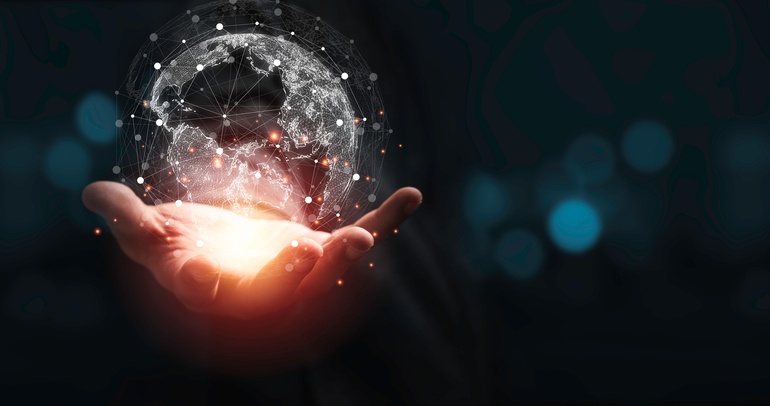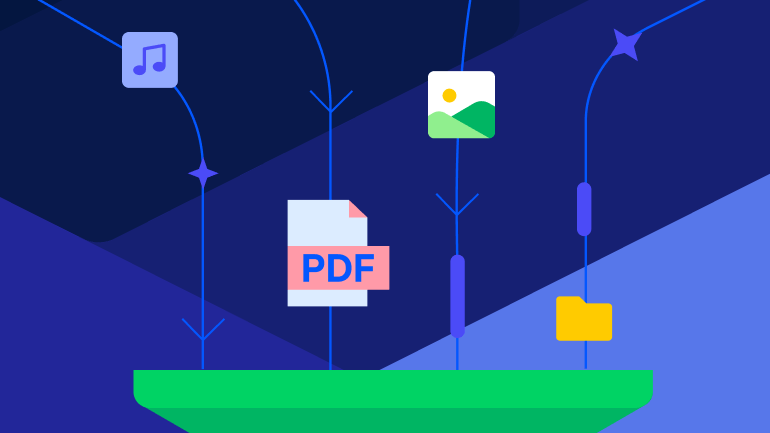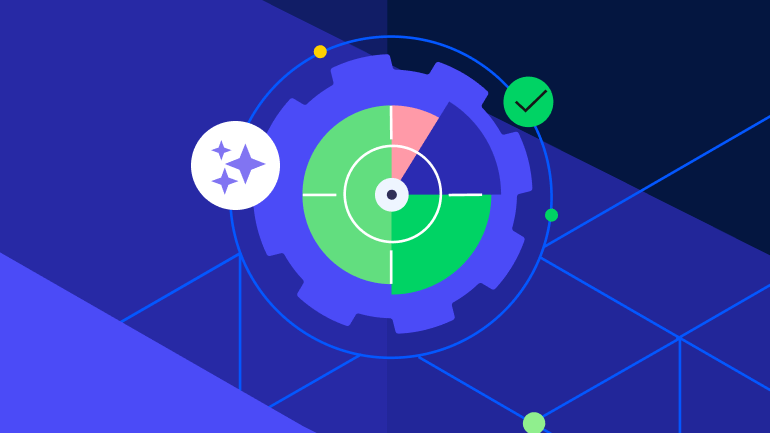Tag: Agentic RAG
What Is Agentic RAG?
Discover how agentic RAG combines Retrieval-Augmented Generation with autonomous AI agents to deliver accurate, context-aware and trustworthy responses. Learn why this advanced architecture outperforms traditional RAG for enterprise AI by facilitating dynamic workflows, compliance and efficiency.
The Evolution of CMS: Sitefinity + Progress Agentic RAG = The First Generative CMS
Introducing the first Generative CMS: Progress Sitefinity CMS powered by Progress Agentic RAG. This dynamic, hyper-personalized platform learns from organization-approved content to provide smarter experiences.
Streamline LLM Quality Assurance for RAG
Developers, product owners and companies searching for a RAG-as-a-Service solution, listen up! The Nuclia Prompt Lab is here to revolutionize the way you test and integrate LLMs with your unstructured data. The Nuclia Prompt Lab is a unique tool that allows you to test how different LLMs behave and answer questions with your own prompts and data. Say goodbye to hours of experiments, and hello to increased product value.
How to Leverage AI to Optimize Customer Support
Customer support is about providing answers to people’s questions. But it’s about solving problems. In many cases, the solution is written somewhere in your knowledge base. But it might be hard to find, or it might not be accessible at all. That’s where AI comes in. AI can help you optimize your customer support by making your knowledge base more accessible and easier to use.
Implementing Retrieval-Augmented Generation (RAG) with JSON Output Using Nuclia RAG-as-a-Service
Historically, when interacting with machines, humans had to adapt to the machine’s language to ask questions—typically using SQL queries—and then interpret the machine’s response. This response usually comes in a structured data format, such as a table or a JSON string, following a specific schema. This is the purpose of the JavaScript Object Notation (JSON) output option on Nuclia’s "/ask" endpoint.
Also Able to Explore

Latest Stories in Your Inbox
Subscribe to get all the news, info and tutorials you need to build better business apps and sites




